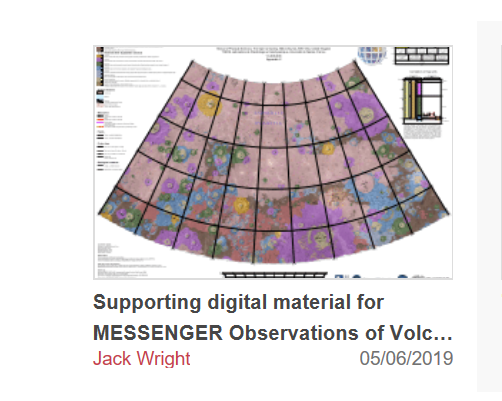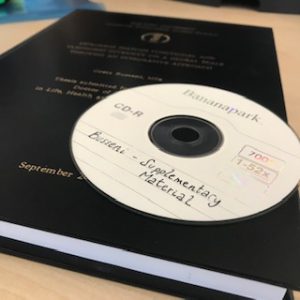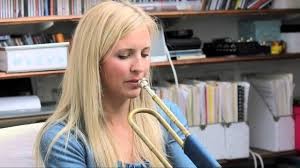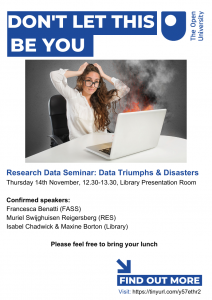 We’re so excited about our first Data Seminar, taking place next Thursday 14th November, 12.30-13.30.
We’re so excited about our first Data Seminar, taking place next Thursday 14th November, 12.30-13.30.
We’ve got a great line-up from the Library, RES and FASS telling real-life stories of how data management has gone wrong and right. You’re welcome to bring your lunch along and we’ll provide some sweet treats too.
We’re pleased to announce the programme:
12.30: 4 Golden Rules of Data Management – Maxine Borton and Isabel Chadwick (Library)
Maxine and Isabel will use examples of data management gone wrong which have hit the headlines to deliver 4 golden rules to help you avoid data loss.
12.45 I am a Humanist, get me out of here! – Francesca Benatti (FASS)
Reflecting on her experiences as a PhD student, Francesca will give a personal take on how she’s learned to manage her research data effectively.
13.00 Technologies, Data Management and Specialist Archives – Muriel Swijghuisen Reigersberg (RES)
Muriel will talk about her experiences of depositing her audiovisual data in a specialist data archive, and give tips on how to avoid making the mistakes she unfortunately encountered.
13.15 Questions and discussion
Visit Eventbrite to book your place.

 We’re so excited about our first Data Seminar, taking place next Thursday 14th November, 12.30-13.30.
We’re so excited about our first Data Seminar, taking place next Thursday 14th November, 12.30-13.30.
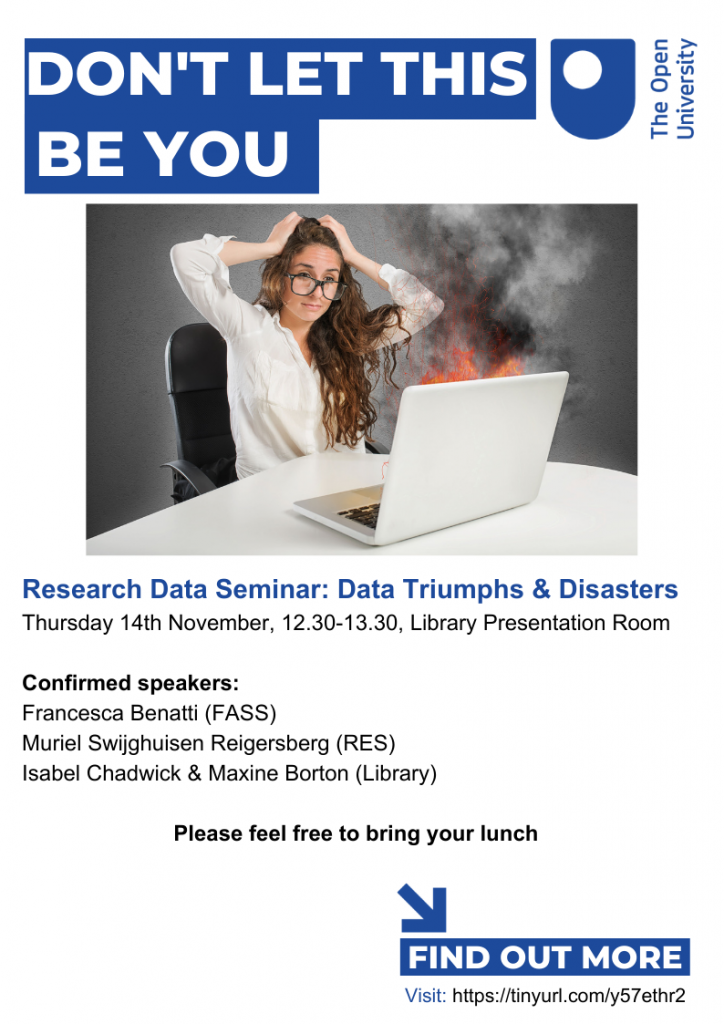
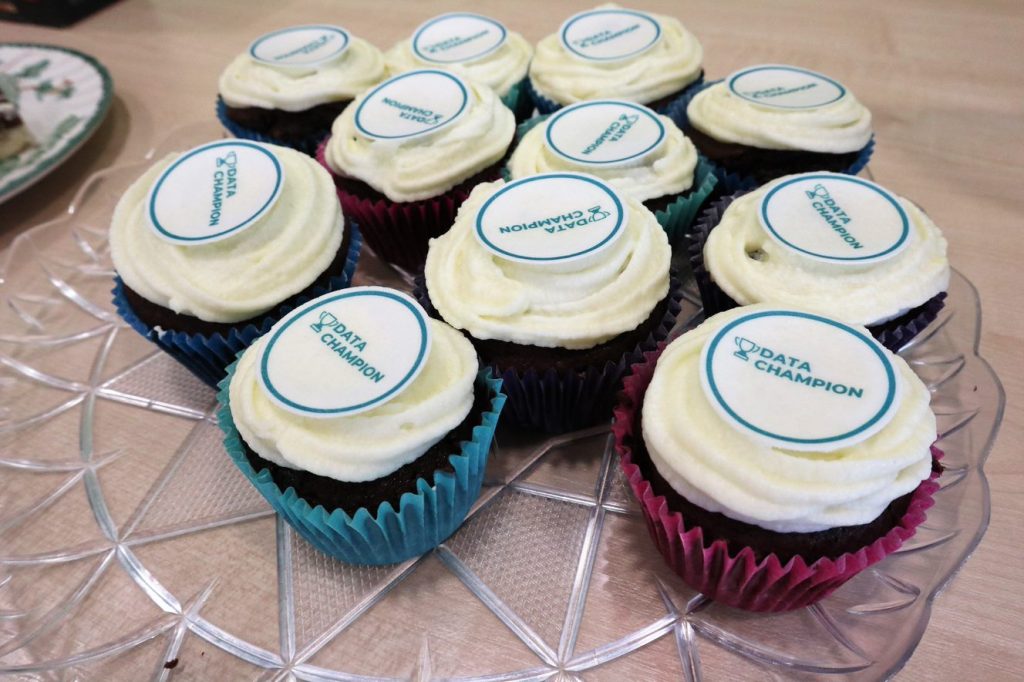
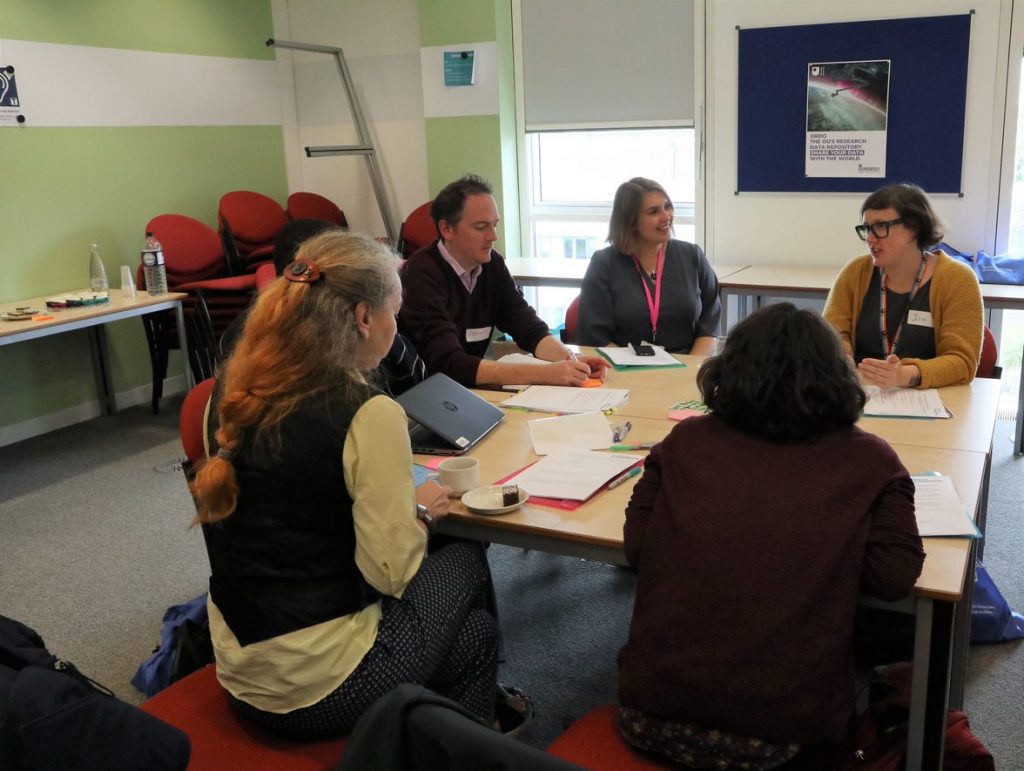

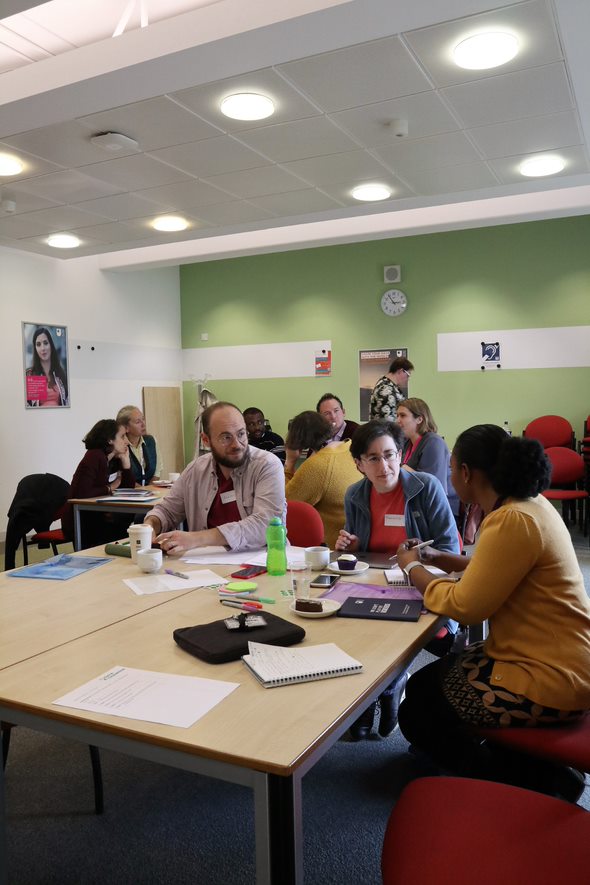
 The latest instalment of my
The latest instalment of my 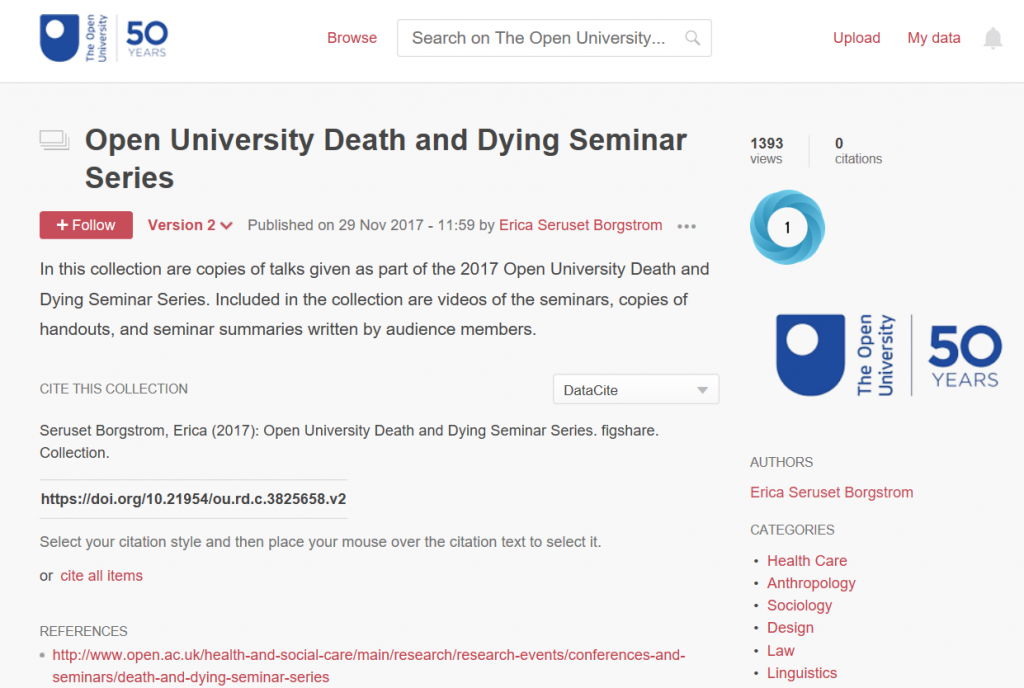
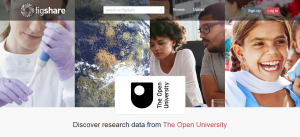 Did you know, on the first Thursday of every month between 14.00 and 15.00 we run an online drop-in for
Did you know, on the first Thursday of every month between 14.00 and 15.00 we run an online drop-in for 